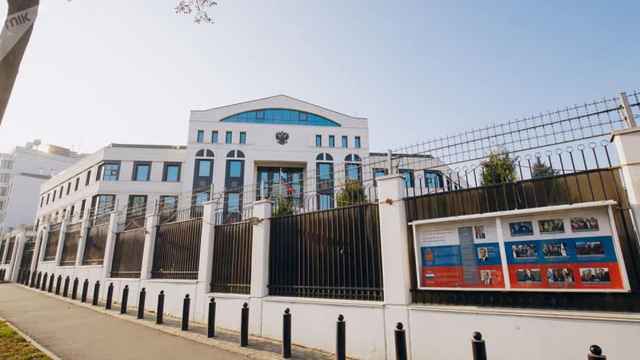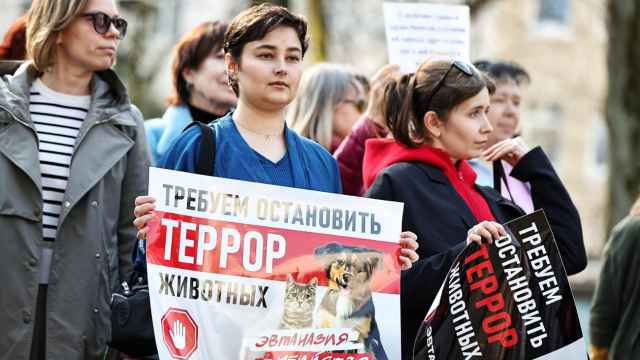The mysterious death of Mikhail Lesin, former presidential aide and media tycoon, took a new turn on Thursday when U.S. forensic specialists reported new evidence that he died from a "blunt force trauma to the head." In addition to head injuries, the autopsy determined, Lesin suffered blunt injuries to his neck, body and upper and lower limbs.
The Kremlin and Foreign Ministry reacted to the news by stating they expected Washington to "provide more details" on the case. In a statement on Facebook, Foreign Ministry spokesperson Maria Zakharova said the Russian Embassy in the U.S. was awaiting more "substantial information" from the U.S. side.
Later reports referring to two anonymous sources "close to Lesin," suggested that the controversial former minister may have been involved in a fight on the night of his death. One source said that Lesin had been a boxer in his youth, and was "known to get into conflicts."
"This is his character, he's stubborn," the source is reported as saying.
The news comes four months after Lesin was found dead on the floor of a room at Washington D.C.'s Dupont Hotel on Nov. 5, 2015. Then, Lesin's relatives reported that he had died of a heart attack.
At the time, U.S. police and medical experts did not report any signs of a violent death, only stating that there were no gunshot wounds on the body.
Mikhail Lesin was an influential leader of Vladimir Putin's inner circle. From 1999 to 2004, he was a minister for the media, overseeing an aggressive government policy that saw control installed over the country's mass media.
Following that, he was a presidential media advisor, and was credited with the creation of a new, English language pro-Kremlin television channel RT. Between 2013 and 2014, he headed the Gazprom-Media media holding company, before quitting abruptly, citing family matters.
Between then and the day of his death, however, Lesin fell out of favor. Some reports suggested he had quarreled with Yury Kovalchuk, a major Gazprom Media shareholder and Putin's personal friend. Some suggested that Lesin owed Kovalchuk a large amount of money.
The new evidence has fueled speculation about Lesin's murder.
Alexei Venediktov, editor-in-chief of the Ekho Moskvy radio station, majority owned by Gazprom-Media said he had not believed the earlier version that Lesin had died from a heart attack. "Relatives couldn't know that at the moment of publication as an autopsy had not been carried yet," he said.
However, this didn't mean Lesin was killed on purpose, says Venediktov: "This has the appearance of an accidental death. Lesin no longer possessed state secrets, he was paying the money back to Kovalchuk, and was of no interest to the Americans."
Contact the author at a.bazenkova@imedia.ru
A Message from The Moscow Times:
Dear readers,
We are facing unprecedented challenges. Russia's Prosecutor General's Office has designated The Moscow Times as an "undesirable" organization, criminalizing our work and putting our staff at risk of prosecution. This follows our earlier unjust labeling as a "foreign agent."
These actions are direct attempts to silence independent journalism in Russia. The authorities claim our work "discredits the decisions of the Russian leadership." We see things differently: we strive to provide accurate, unbiased reporting on Russia.
We, the journalists of The Moscow Times, refuse to be silenced. But to continue our work, we need your help.
Your support, no matter how small, makes a world of difference. If you can, please support us monthly starting from just $2. It's quick to set up, and every contribution makes a significant impact.
By supporting The Moscow Times, you're defending open, independent journalism in the face of repression. Thank you for standing with us.
Remind me later.





